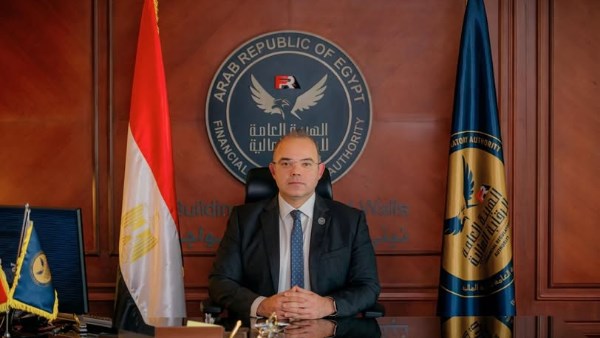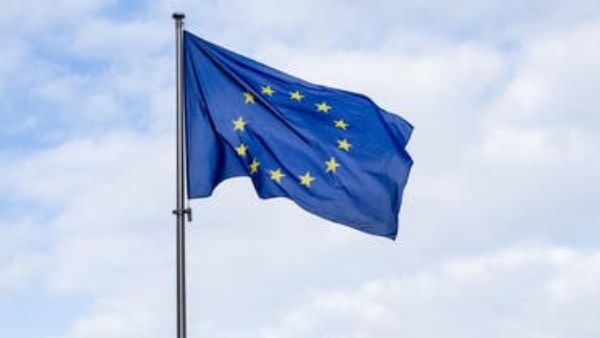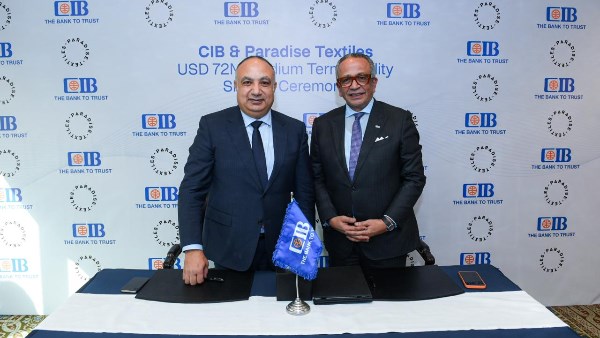
Business travel is a significant revenue source for the U.S. economy
Safer to stay home? European firms rethink travel policy over U.S. border control concerns

Some European companies are growing wary about sending their employees to the U.S.
It comes amid volatile policymaking by the Trump administration, more stringent immigration checks, and an uptick in reports of detentions and deportations.
Some businesses CNBC spoke to, in areas including engineering and accounting, stressed that their work trips to the U.S. continued unabated. But others, usually in more politically sensitive fields, flagged employee welfare concerns.
Their responses ranged from issuing new travel guidance — such as advising workers to bring wiped electronic devices or entering the U.S. via Canada — to encouraging attendance at U.S. events or conferences online where possible.
Business travel is a significant revenue source for the U.S. economy. According to a report published by the Global Business Travel Association (GBTA) last year, total spend in the sector generated a total $421 billion and $119 billion in tax revenue in 2022, the most recent year in which full data was available. That came from an estimated 429.9 million business trips supporting 6 million jobs.
Business travel is also a key revenue-maker for the aviation industry, generating between 50% and 75% of profit for airlines in many cases.
In a survey of 900 global travel buyers conducted by GBTA in April, 29% said they expected a decline in business travel volume at their companies in 2025 as a result of U.S. policy across both travel and tariffs. The survey also found a decline in overall optimism in the sector.
Any chilling effect would also come with international tourism expected to be dented this year, costing $12.5 billion in spending, due to negative perceptions of trade and immigration policy.
Rising anxiety over U.S. travel
Border control and foreign visas have been highly charged issues since President Donald Trump took office in January, with reports of tourists being held in detention centres for long periods. The White House pledged in January that all foreigners seeking to enter the U.S. would be “vetted and screened to the maximum degree possible.”
Relations between the U.S. administration and the academic community have also soured, following moves to pause international student visa issuance and “aggressively revoke” visas for Chinese students, as well as the detention of some foreign students on apparently political grounds.
“We’re hearing some international travellers have expressed unease about visiting the U.S. due to increased visa scrutiny, social media monitoring, and incidents of detention or deportation despite valid documents,” said Prashray Kala, a partner at management consultancy Everest Group.
“Those with a visible online footprint are more cautious, especially with the ‘Catch and Revoke’ policy enhancing surveillance,” Kala said.





-1120252475029447.jpg)















